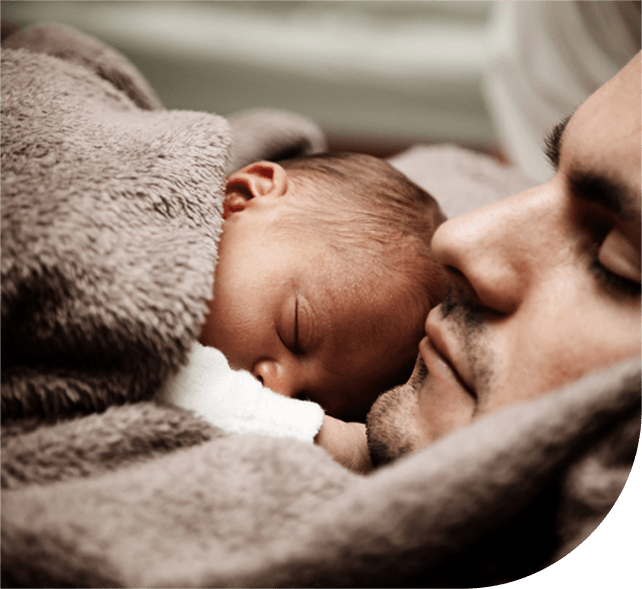Baby Eyes
Eye Concerns

The sooner problems are addressed, the better it will be for your baby’s eyes now and in the future. Things to look out for include:
Squint or crossed eyes
For babies under 3 months, crossed or squint eyes that point in different directions is relatively common and a part of normal development. If this continues beyond 3 months however, they may need treatment. Crossed eyes can be hard to detect so if you are in any doubt you should talk to your eyecare professional.
Childhood cataracts
In rare cases, babies are born with a cataract in one or both eyes. This will affect the lens inside their eye and it may cause symptoms such as a squint, poor vision, “wobbling” eyes or a white or grey pupil.
Vibrating eyes
If your baby’s eyes seem to jump, wobble back and forth or move erratically, they might have a condition called nystagmus, which could be affecting their vision.
Watery eyes
A baby whose eyes seem to water all the time, whether they are happy or upset, may have blocked or infected tear ducts.
Conjunctivitis
If your baby’s eyes have a sticky discharge or crustiness in the morning and are red and irritated, they may have conjunctivitis.
Glaucoma
Very rarely, a baby will be born with glaucoma. Symptoms may include a dislike of bright lights or sunshine, and eyes that appear larger than normal and look cloudy.
Always consult your eye care practitioner for further advice.

